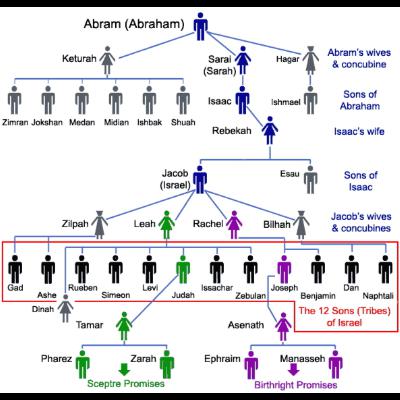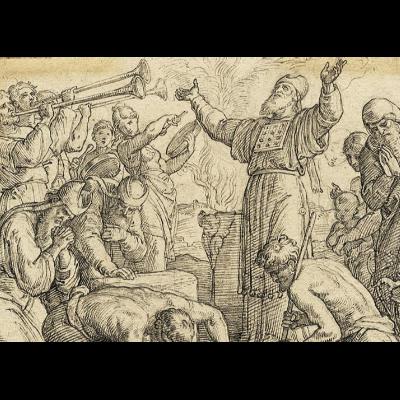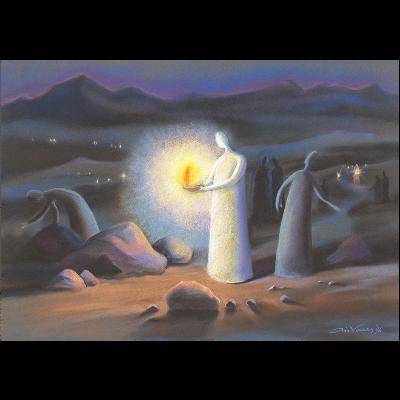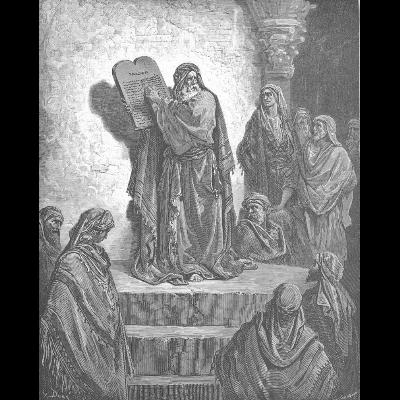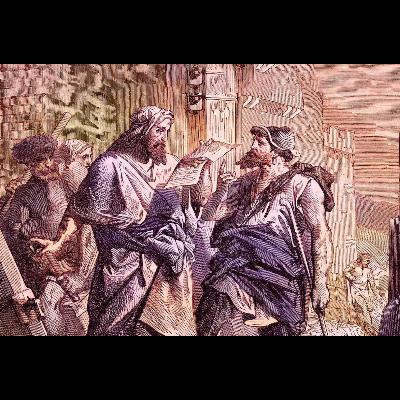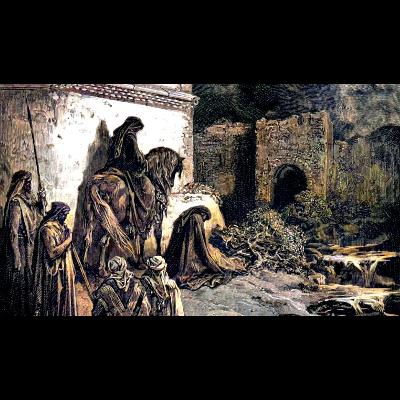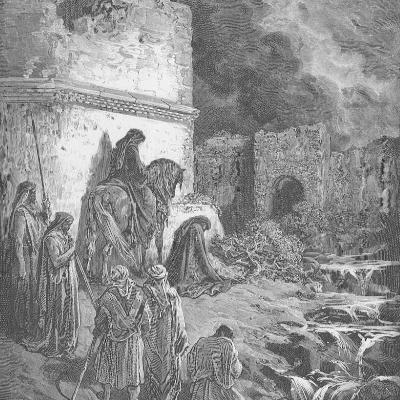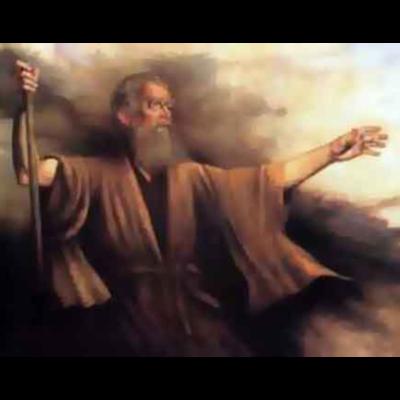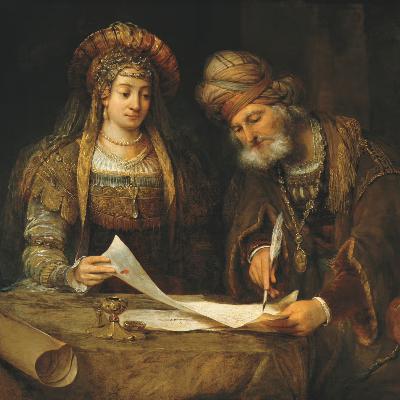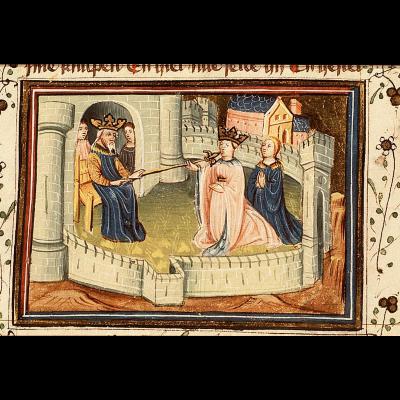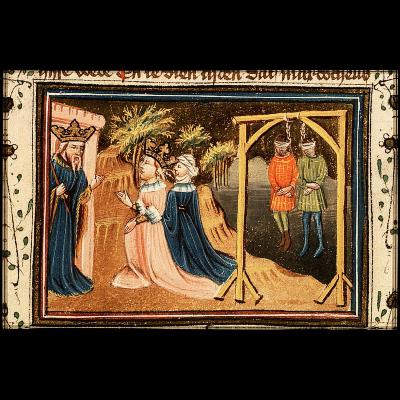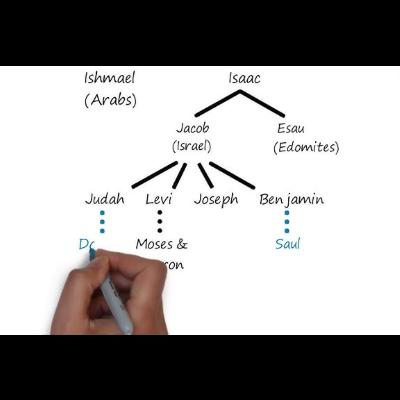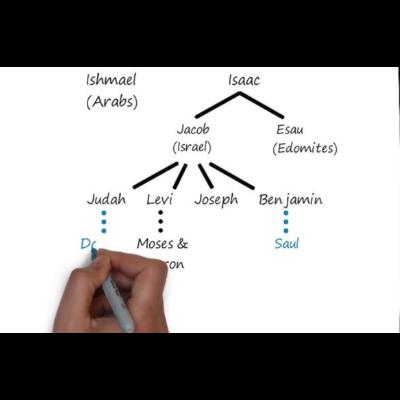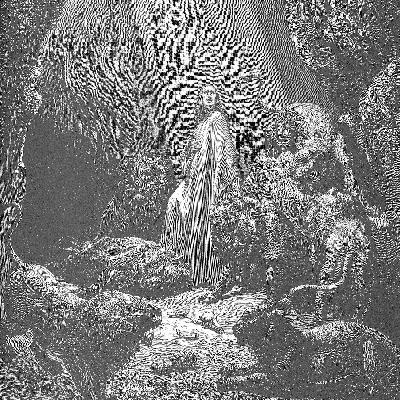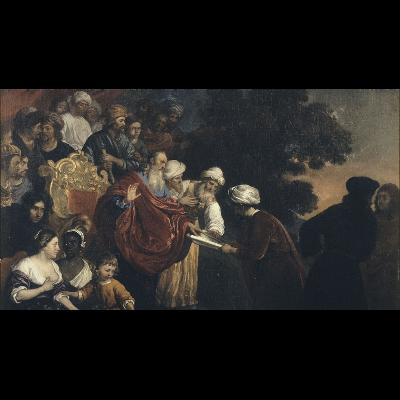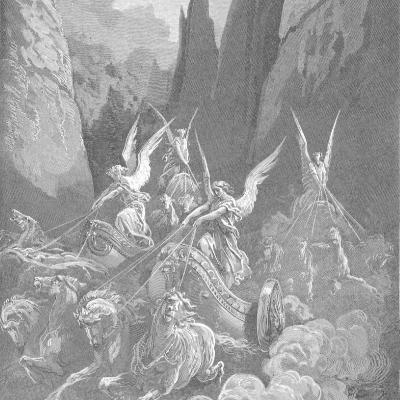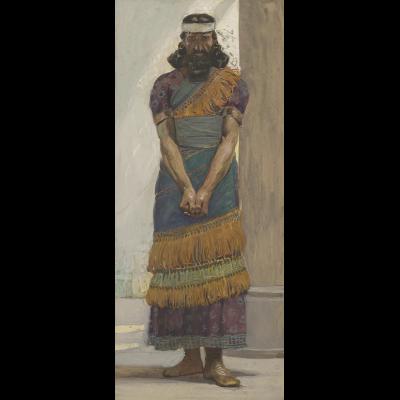Day 256 - 1 Chronicles 5-6
Description
Why do we need such extensive genealogies that occupy the first NINE chapters of 1 Chronicles? By Fr Tadros Malaty (Part 3/4)
14. Going through these chapters, we encounter people along the generations, through whom we would get lessons for the edification of our souls, and would learn from some of them how they came to be great in the sight of God, and the sight of the heavenly creatures, through the purity of their hearts, and their faithfulness in the few that was within their hands, and now that we have more talents within ours; … Some of whom have fallen to depths, but with the grace of God, they rose up again, grew, and became righteous. We encounter ‘Jabez’ who, even his name refers to being sorrowful and suffering; yet he overcame his name, and “became the most honorable of his family”.(4: 9) We encounter Abraham whose name was changed to become Ibrahim, father of a multitude of nations We encounter Reuben who, by his sin lost the privileges as the firstborn. We encounter Joseph who rejected the sin, to be honored by God. We encounter women who surpassed many men in righteousness.
15. The author, quoting long parts from Genesis 10, kept from the genealogies coming down from the first man, only Abraham the Semite, then his sons Isaac and Jacob.
16. Disregarding the details of the events of human history of the period prior to king David; the two books confirm that that period, in spite of its importance, longevity, and the multitude of its events, has been not more than a preparation for the covenant set by God with His people, through the first true king set by God Himself, and not according to men. There were indeed other covenants between God and certain believers like Noah, Abraham, and even Moses; but they were not to be compared to the eternal covenant with king David. This explains to us the secret behind the disregard by the two books of the chronicles of the dissented Northern kingdom, despite its inclusion of ten tribes of the twelve, on account of that it was set to oppress the divine covenant with the house of David.

